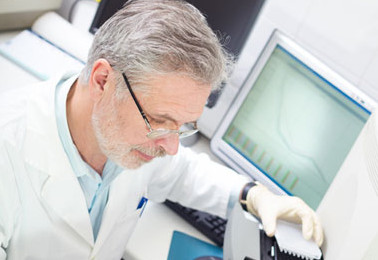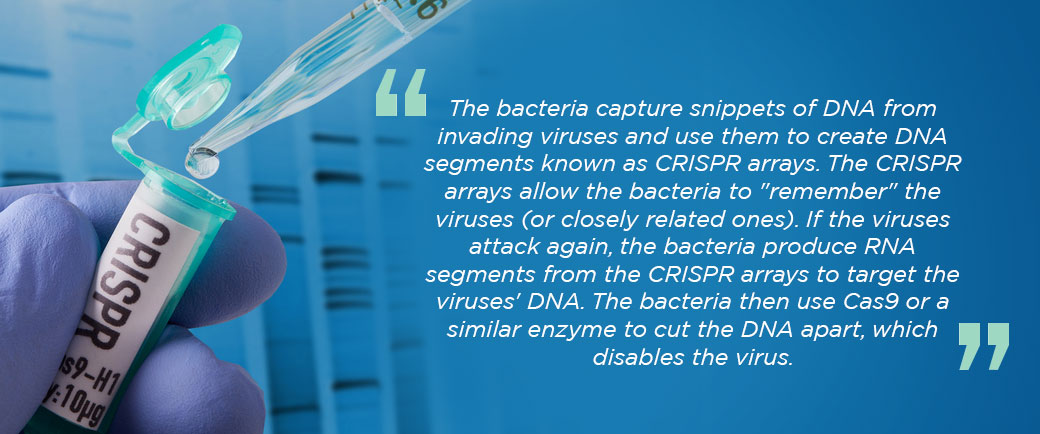Genetic therapies – part 2 of a 2-part series
In today's blog, we focus on the advances being made in medicine that are affected or influenced by the increased understanding of the human genome.
Clinical Trials
A person’s genomic information can be a factor in deciding if they are a good candidate for inclusion or exclusion in a clinical trial. Knowing which patients will benefit most from the medicines being tested will increase patient safety and reduce adverse events related to the product in testing. It will also have the benefit of allowing smaller and faster trials, leading to lower overall costs.
Importantly, drugs that are considered ineffective for the population as a whole can be considered for approval by the FDA in the percentage of the population where they ARE effective.
Pharmacological Treatment
In medical practice today, physicians try different medications until they find the one that works best for each patient. With personalized medicine, genomic information gives insight upfront about how a patient will respond to a drug and if that drug will be effective for them. Personalized medicine is helping shape the future of pharmacological treatment.

As an example, the drug tamoxifen was commonly prescribed to women with estrogen receptor positive breast cancer, but while it works well in some women, the response was quite variable. On further research, it was found that women with certain mutation in their CYP2D6 gene, which encodes the metabolizing enzyme, could not efficiently break down tamoxifen, which is a prodrug, into its two active metabolites. Therefore, the treatment was ineffective for women with those mutations. Now, women are genotyped for CYP2D6 mutations, and tamoxifen is used where it is most effective.
In other cases, the genetic origin of a disease state is the determining factor. Trastuzumab, also known as Herceptin, is a treatment for breast cancer, effective only in women whose cancer is caused by an overactive HER2 gene pathway. When functioning normally, the HER2 gene pathway regulates cell growth and division; however, when it is overexpressed, cell growth accelerates and tumor formation results. Overgrowth is arrested in cells treated with trastuzumab and there is reduced proliferation. Doctors use lab tests to determine if a patients’ cancer is related to the HER2 gene before treating with trastuzumab – if the breast cancer is unrelated to the HER2 gene, trastuzumab will not be effective.
Genetic Repair or Replacement
As we reviewed in the previous blog, genetic disorders are caused by defective or missing genes in otherwise healthy people. One approach to treating genetic disorders is focused on replacing a missing or malfunctioning gene. A healthy gene is inserted into the patient’s DNA – one method uses a virus called AAV (adeno-associated virus) to insert the gene. AVV is known to not cause sickness in humans and the AAV is engineered so that it can’t reproduce. The virus brings the healthy gene to its destination in the body, where it assumes the functions of the faulty or missing gene, and restores normal function in the patient.
You can read more about this process here and here.
A number of new gene replacement therapies, in disease areas such as certain rare types of cancer and blindness, have been approved for use around the world. The development of these therapies is a very expensive proposition, and the resulting medications also come with a high price tag.
Gene Editing
Another fast-growing area of interest is gene editing, using a technology called CRISPR-cas9, which is short for clustered regularly interspaced short palindromic repeats and CRISPR-associated protein 9. The CRISPR-Cas9 process is based on a naturally occurring genome editing system that exists in bacteria. According to the Genetics Home Reference:

Genome editing has great potential for prevention and treatment of human diseases, although it comes with ethical questions which are being discussed and debated at the highest levels of the global medical community. Currently, most research on genome editing is done using cells and animal models to further our understanding of human diseases.
As scientists deepen their understanding of the human genome, advancements in the repair and replacement of defective or missing genes will continue. Ethical questions are being addressed and new paths forward for human health are being revealed. It’s an interesting time to be involved in the human health field, as we tread new ground and discover new approaches.



